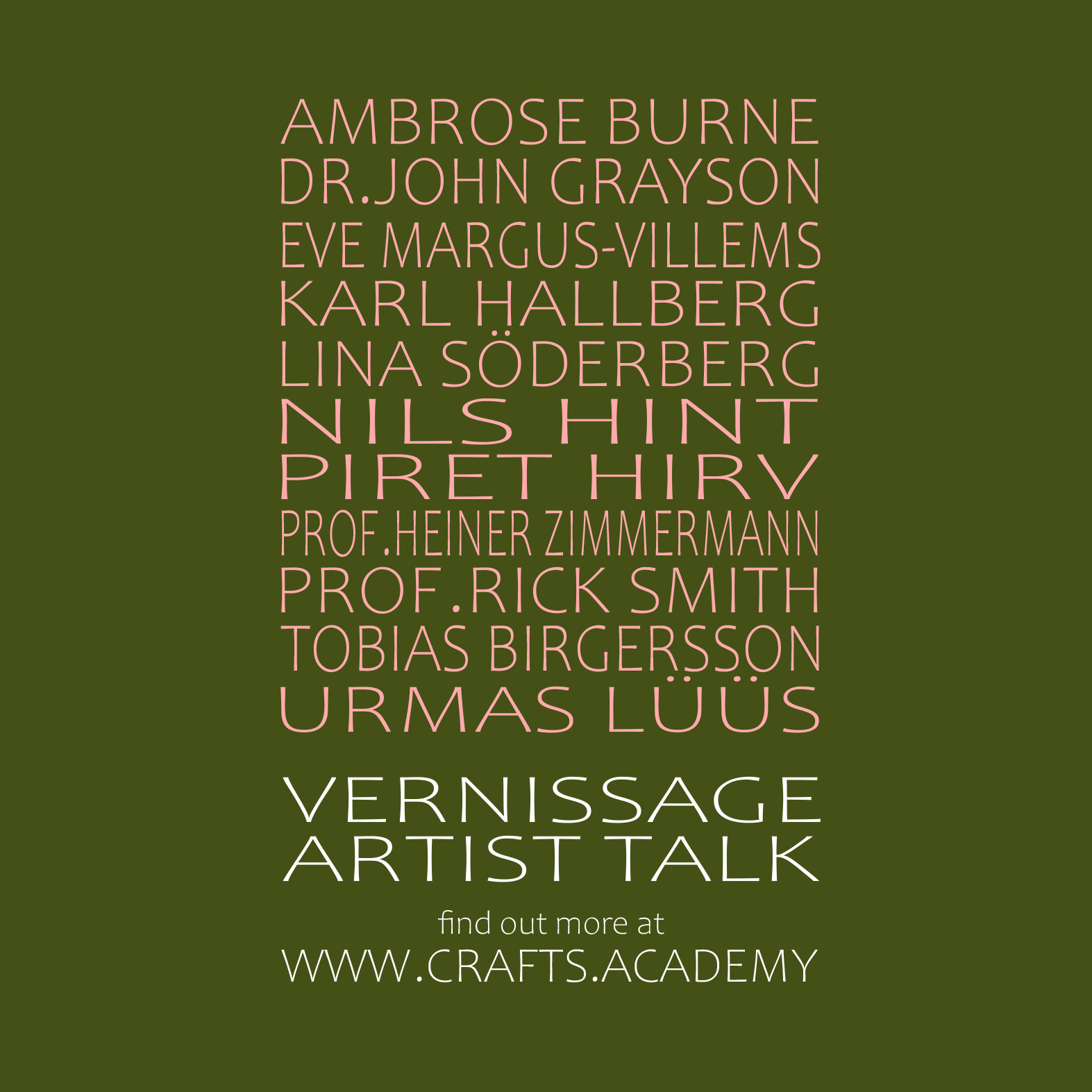Caring is sharing. But is sharing always caring?
1.
The larger part of our life consists in sharing. We share the air that we breathe with the masses on the streets and marketplaces of the city. We share our daily stock of urban air with people we will never get to know or care for. We might share a meal because we care. But we might also share it because we cannot foot the bill or finish the meal. We share the space of a flat or the stretch of a bed with people we care for. But we can also share these with strangers when the rent is high or there is no bed in sight. We share our workplaces, markets, contacts, contracts, job opportunities, traffic lights, hospital beds with people we tend to consider our rivals.
We share our language with myriads of speakers uttering the same chains of words and metaphors, maybe at the same time, who we neither know nor care for. We yearn to share things like the “the calm of sunrise”, the “tragedy of unrequited love”, the ”horrors of infinity”, the “beauty of contentment”, the “flavor of a strawberry tart”, but end up sharing only the words. We share our days and nights, the ground beneath our feet, the skies above our heads, the rivers and mountains and the distant horizon. We share a slot of time with our contemporaries. Not because we care, but because we were flung into existence without being asked. We share a little blue speck adrift upon a vast, intergalactic ocean, with plants, animals, humans clinging onto it. But not because we care. We would not hesitate to burn down the plants, slaughter the animals and ravage the humans, if they got in our way.

2.
But everything transforms, as if with a magic wand, when the chronological order is reversed and caring precedes sharing, showing us that there can be no caring without sharing and that the state of being, which is caring, finds immediate expression in the practice of sharing. When we care for a child or a garden, when we devote our thoughts, emotions, actions to the objects of our care, we find ourselves sharing a fragment of our life, simply because we want the world to flourish, the child to grow and the garden to bloom for its own sake.
Caring, as a practice of giving value to things and beings, paying attention to their needs and worrying for their future, means that we don’t care for the economics of exchange. It means that we don’t care for the economics of gift exchange, where people try to outdo each other by giving more. (As with the potlatch or the Kula rites of the Melanesians.) Caring also means that we don’t care for the economics of profit, where people try to outdo each other in getting more and enhancing their wealth at the cost of others. (As in Adam Smith’s free market.) Caring finally means that we don’t care for the economics of balance, where a “you” and an “I” exchange their valuables in order to re-establish the primordial equanimity of nature. (As the Kogi of the Sierra Nevada de Santa Marta.)
Caring has, in fact, nothing to do with economics. When we care, we cannot help sharing. We cannot help suspending our rights to property and releasing a flow and fusion of existences, as in friendship, love and compassion, as when we share a childhood, a passing pleasure, the rhythm of a dance, the sorrow of loss, the impending gloom of despondence. All caring is detached from giving and getting. In all caring, the “you” and the “I” drown in a “we”.
But even the “I” of economic exchanges issues from an incessant practice of sharing myself with myself, like placing my hands on my body or joining them to consolidate my sense of touch; or washing, shaping, grooming myself to consolidate my appearance; or directing the flow of my desire back towards myself to consolidate my value; or harnessing my thoughts and directing them towards themselves to consolidate my awareness of myself. In such moments, my “I” seems to be born over and over again, fresh and agog with the pleasure of re-doing the project of life.
by Pravu Mazumdar

[su_box title=”About …” style=”soft” box_color=”#333333″ radius=”4″]
Sharing is Caring
Location: Orangerie, Englischer Garden 1a, 80538 Munich
Exhibition 11.3.2020–15.3.2020
Daily Opening times 11:00–20:00
Vernissage Thursday 12.3.2020, 18:00
Four university programs, of only a few worldwide, teaching metal art, celebrate their yearlong cooperation: Gothenburg University Sweden, College of the Arts Hereford England, Southern Illinois University Carbondale and the Estonian Academy of Arts join to collaborate and share knowledge.
11 artists and educators: Prof. Heiner Zimmermann, Tobias Birgersson, Karl Hallberg, Lina Söderberg, Prof. Rick Smith, Urmas Luus, Nils Hint, Eve Margus-Villems, Piret Hirv, Dr. John Grayson and Ambrose Burne present individual works and ideas from their unique and international perspectives.
During the exhibition time, each artist will be present to talk about their work.
For more information about directions, exhibition hours and the program, please visit: http://sharing.crafts.academy/
[/su_box]

